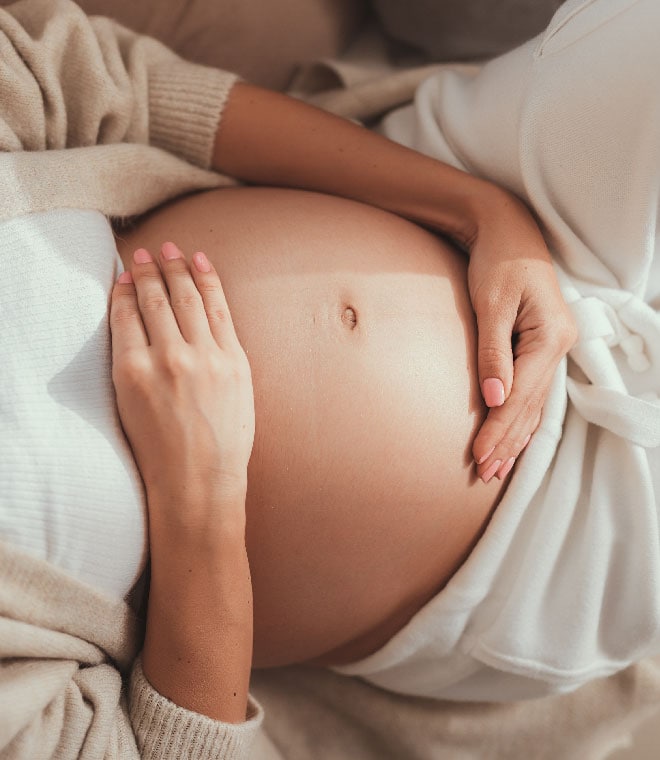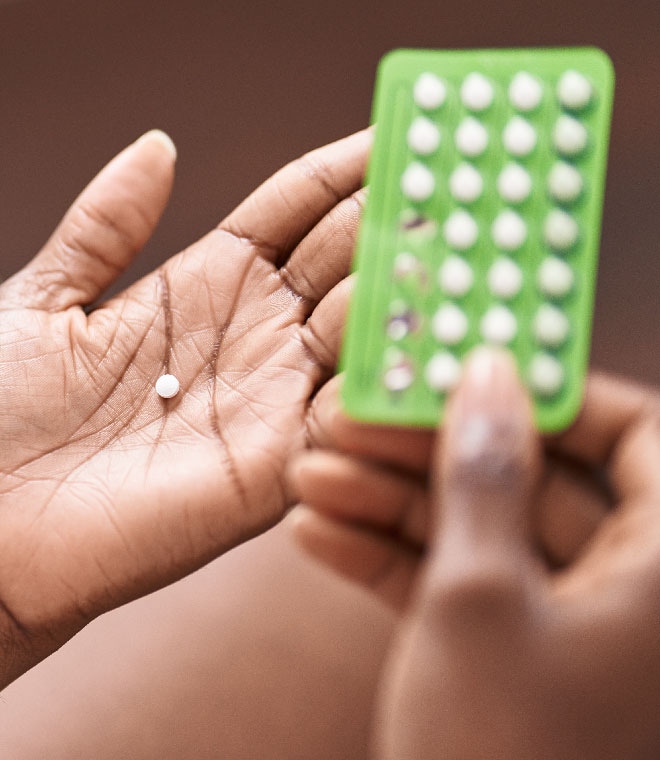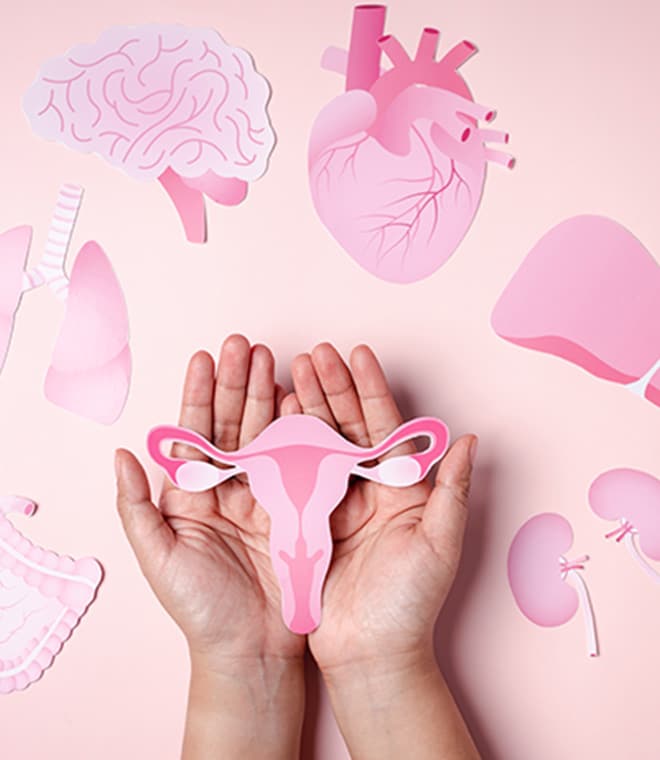Health
How often do you get your period?
By Patricia Ann Convery, MD Fellow, American College of Obstetrics and Gynecology Jul 21, 2023 • 6 min
Many girls and women notice differences in how often they get their period, leading them to wonder what’s normal and what’s cause for concern. While the average time between periods is 28 days, a normal cycle can be shorter or longer.
The phases of the menstrual cycle
Before getting into how often you can expect to get your period, it’s important to know about the four phases of the menstrual cycle. They include the following:
Menses phase
The menses phase marks the start of the menstrual cycle, and it’s when your body sheds the lining of your uterus through your vagina. This shed tissue is what causes the bleeding, commonly referred to as a period. Most women experience menstrual bleeding for around five days. However, normal periods can be as short as three days and as long as seven.
Follicular phase
After your period, levels of the hormone estrogen rise, and the lining of your uterus begins to thicken. At the same time, another hormone called the follicle-stimulating hormone (FSH) stimulates small fluid-filled sacs in your ovaries that hold immature eggs. At the end of the follicular phase during a typical menstrual period, one follicle grows a mature egg. On average, the follicular phase lasts from days six to 14, with the egg maturing during days 10 to 14.
Ovulation
About halfway through the menstrual cycle, a hormone called the luteinizing hormone (LH) triggers the release of the mature egg that developed during the follicular phase. This is known as ovulation.
Luteal phase
During the last half of your menstrual cycle, you go through the luteal phase. At this stage of the menstrual cycle, the mature egg moves through the fallopian tubes to the uterus, and levels of the hormone progesterone rise to prepare your uterine lining for the egg to implant. If an egg becomes fertilized by sperm during your menstrual cycle, the egg will attach to the wall of your uterus, and pregnancy begins. When no fertilization occurs, estrogen and progesterone levels drop to trigger the shedding of the uterine lining. Once the shedding begins, the menstrual cycle restarts.
Timing of periods
The average length of a menstrual cycle is 28 days, with ovulation occurring on day 14. However, some women may have periods more or less often. Generally, getting your period every 21 to 35 days is considered normal.
Tracking your menstrual cycle
Keeping track of your menstrual cycle allows you to learn what’s typical for your body. To do so, start counting the number of days of your cycle on the first day of your period. Make note of how many days you bleed, and describe your flow and other symptoms that you experienced. Menstrual tracking apps can be helpful for some women.
Causes of menstrual irregularity
If you’re getting your period more or less often than what’s typical for most women, or if you begin to notice menstrual irregularity, there are a number of potential causes, including:
- Pregnancy: When you get pregnant, your periods will stop. Missing a period is usually what lets women know that they’re pregnant.
- Breastfeeding: Hormonal changes that occur while breastfeeding can cause periods to be irregular.
- Diet: Extreme weight loss and eating disorders can lead to missed and late periods.
- Intense physical activity: Some women experience menstrual irregularity due to frequent intense workouts.
- Birth control: Hormonal birth control methods like intrauterine devices (IUDs) can cause irregular periods.
- Polycystic ovarian syndrome (PCOS): PCOS is a common disorder associated with infertility, ovulatory dysfunction, and symptoms of excess androgens, such as acne and abnormal hair growth. Women with PCOS may menstruate less often.
- Premature ovarian failure: When the ovaries fail to work properly, menstruation may stop or become irregular.
- Pelvic inflammatory disease (PID): An infection of the reproductive system, PID can cause menstrual irregularity, heavy periods, pain during sex and other symptoms.
- Uterine fibroids: Noncancerous growths that develop in the uterus can increase menstrual flow and cause periods to last longer than normal.
Signs you should see your healthcare provider about your periods
You should talk to your healthcare provider if you experience abnormal symptoms or menstrual irregularities that are not normal for you. These include:
- Getting your period more frequently than once every 21 days or going more than 35 days between periods
- Periods suddenly stopping
- Periods lasting more than seven days
- Heavy menstrual flow that soaks through more than one pad or tampon every hour
- Severe pain during your period.
Your healthcare provider can conduct a physical exam and order tests to determine the cause of your symptoms. They can also recommend any treatments as needed. There is also a variety of feminine care products and menstrual pain relief products available for managing your periods.
Published July 2023.
Sources:
- https://my.clevelandclinic.org/health/articles/10132-menstrual-cycle
- https://www.mayoclinic.org/healthy-lifestyle/womens-health/in-depth/menstrual-cycle/art-20047186
- https://www.mayoclinic.org/diseases-conditions/pelvic-inflammatory-disease/symptoms-causes/syc-20352594
- https://www.mayoclinic.org/diseases-conditions/pcos/symptoms-causes/syc-20353439
- https://www.womenshealth.gov/menstrual-cycle/your-menstrual-cycle
- https://www.womenshealth.gov/menstrual-cycle/period-problems




